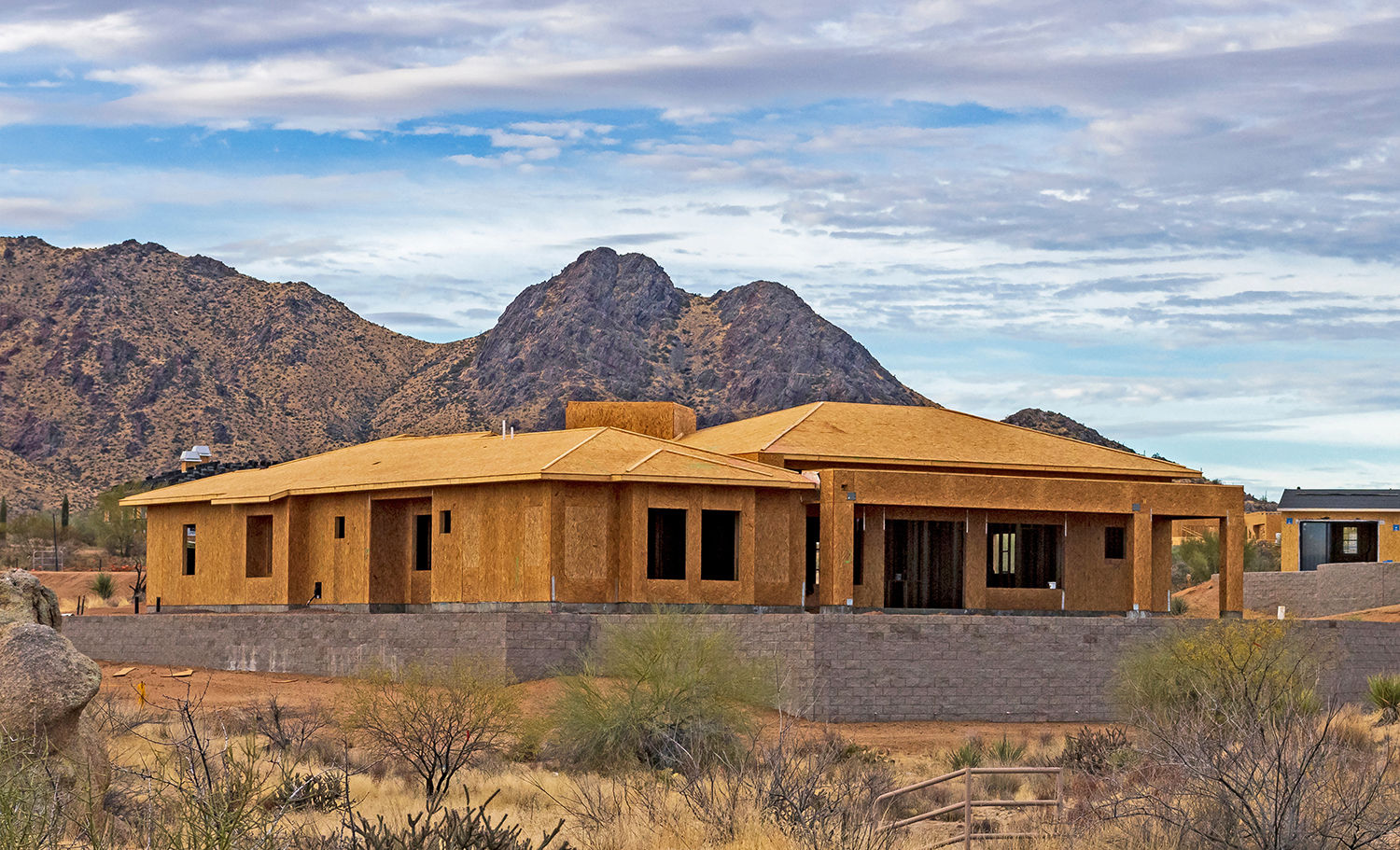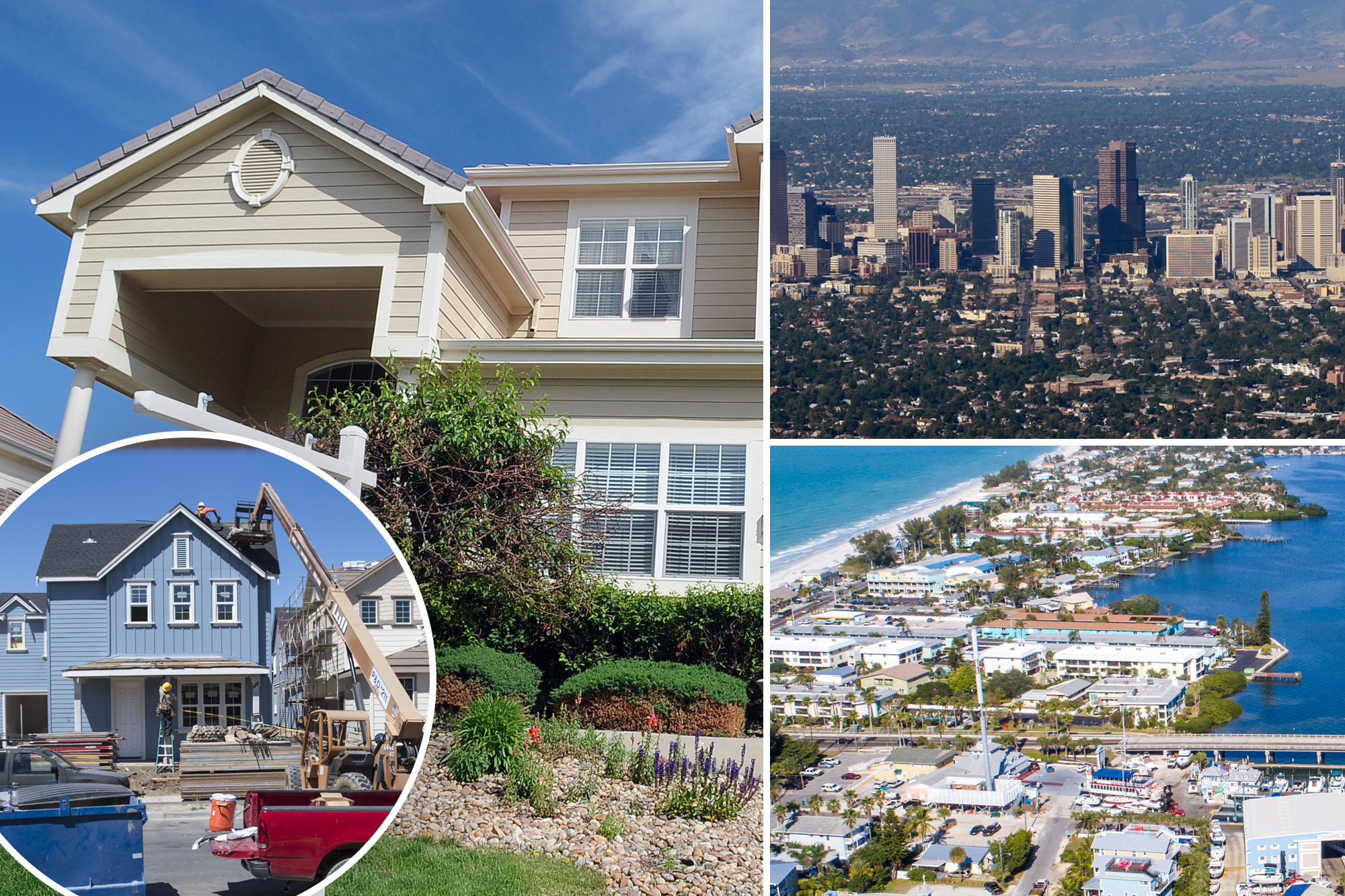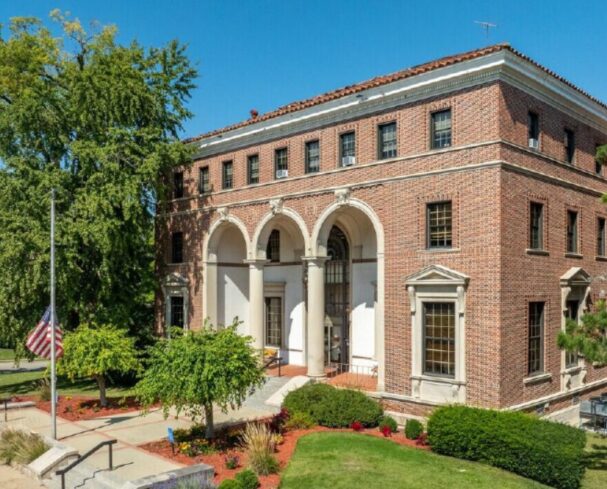W
hen Arizona buyers consider a property, water often becomes a decisive factor, especially in rural settings. How real‑estate agents discuss the reliability of a water supply can either reassure or unsettle a prospective owner. As the state grapples with long‑term water scarcity, it is vital that agents possess accurate, up‑to‑date knowledge to guide clients and protect communities.
Enter REAL Water Arizona—“Improving Water Education for Real Estate Professionals.” This initiative, spearheaded by Danielle Storey, a user‑experience researcher at the Arizona Water Innovation Initiative, and Harry Cooper, the initiative’s director of water conservation innovation, partners with the Arizona Department of Real Estate and is funded by Impact Water—Arizona. The project rethinks how water topics are taught in the state’s mandatory continuing‑education program for licensed agents.
“Agents need to understand the water issues presented to them and how to apply that knowledge when advising clients,” Storey explains. “Our focus is on empowering instructors with high‑quality, trustworthy resources about Arizona water.”
**The Water Requirement in Real‑Estate Licensing**
Every two years, Arizona agents must earn continuing‑education credits to renew their licenses. Since 2024, a one‑hour module on water—part of a “Firewise, Deed Fraud and Water” course—has been mandatory. Storey’s team has been scrutinizing how this requirement is implemented across the state.
“We’re evaluating the quality of instruction in the water segment and whether a single hour can realistically cover the essential topics,” Storey says. The team has observed 20 courses, assessing how well the Arizona Department of Real Estate’s official curriculum is delivered. While some instructors provide engaging, in‑depth lessons, many rely on generic statewide information that could be more useful if localized.
Beyond content quality, the project explores what agents and clients actually want to know: water rights, long‑term availability, costs, and quality. These concerns frequently surface in transactions and disclosure forms.
**Gathering Insights from Agents**
To capture a comprehensive view, Storey’s team combined classroom observations with surveys, interviews, and targeted workshops designed to spark open dialogue. Over the past year, they conducted more than 20 interviews and hosted nine workshops across six counties.
“We didn’t want the workshops to feel like lectures,” Storey notes. “We aimed to go beyond the mandatory hour and discuss how water issues arise in real transactions and what additional education would help agents.”
The voluntary workshops attracted agents genuinely interested in water. Participants shared that clients often ask about groundwater reliability, well conditions, and water quality—questions agents sometimes feel ill‑prepared to answer confidently. Discussions revealed regional differences: urban agents focused on regulated Active Management Areas (AMAs), while rural agents faced greater uncertainty in unregulated zones. These insights help REAL Water and the Department of Real Estate pinpoint where educational support is most needed.
Initial findings show that agents frequently encounter questions about Arizona’s water future, cost, and quality. More than a quarter of agents feel less confident discussing stream adjudications, whereas they are more comfortable with topics like wells and septic systems. “Agents rarely use terms like ‘assured water,’” Storey says. “They might say ‘a hundred years of water,’ but they don’t fully grasp the legal or programmatic context.”
These results suggest that the one‑hour course can only go so far. REAL Water plans to pair the Department’s curriculum with a new digital learning portal offering at least two hours of water‑focused content tailored to both residential and commercial professionals. Instructors can customize material by region—highlighting local supply maps or regulations specific to places such as Prescott, Tucson, or the Verde Valley—and incorporate up‑to‑date tools from the Arizona Department of Water Resources and the Arizona Water Blueprint from the Kyl Center for Water Policy at ASU.
**Beyond Compliance: Building Confidence**
Storey emphasizes that REAL Water’s goal extends beyond meeting licensing requirements. It seeks to empower agents to explain water issues confidently and to understand their role in Arizona’s water future. Conservation education, though not currently mandated, is viewed as essential by Storey and Cooper.
“We know that understanding conservation at both the household and management‑area levels can ease people’s worries about availability,” Cooper says. “If agents can connect those dots, they can help clients see that water security is a shared responsibility.”
Real‑estate agents often serve as the first point of contact for new residents or businesses. “What they say—or don’t say—can significantly impact our regional economy and our culture of conservation,” Cooper adds. When agents grasp how AMAs safeguard long‑term supply, they can speak more confidently with out‑of‑state buyers and investors who may assume Arizona’s water situation is dire, when in fact robust management plans exist.
**Personal Motivation and Industry Insight**
Storey’s interest in water stems from both personal and professional roots. Growing up in Arizona, water has always been a top concern. After spending a few years as a real‑estate agent in Austin, Texas, she returned to Arizona and joined the Arizona Water Innovation Initiative. She realized that real‑estate professionals were a key audience for outreach.
“I took a poorly taught water course when renewing my license, and after talking with colleagues at ASU, I saw that agents were a large community we needed to reach,” Storey says. “That sparked the idea to make the educational experience more meaningful for licensees.”
The project also examines how water awareness varies across the industry. Commercial brokers often operate at a strategic, business‑to‑business level, analyzing long‑term supply and risk maps to advise clients. Residential agents, especially in rural areas, engage in more personal, property‑specific conversations where water quality and availability can be immediate concerns.
**Next Steps**
The REAL Water team will present its quality‑assessment report to the Arizona Department of Real Estate this fall, followed by a public webinar for instructors. From there, the focus will shift to building the new digital learning portal, covering additional water topics in greater depth than the mandatory course.
“We’re leveraging all the water expertise we have at ASU,” Storey says. “We’re helping instructors understand how agents feel about the existing water content and how to meet the needs of a community eager to learn more.”
The Arizona Department of Real Estate has been an enthusiastic partner. “Arizona’s relationship with water is unique, and just like sunshine and saguaros, it plays a big role in what makes a property tick—and what it’s worth,” says Mandy Neat, deputy commissioner. “Understanding the basics helps everyone involved. We’re excited to collaborate with ASU to ensure quality education for all real‑estate licensees.”














